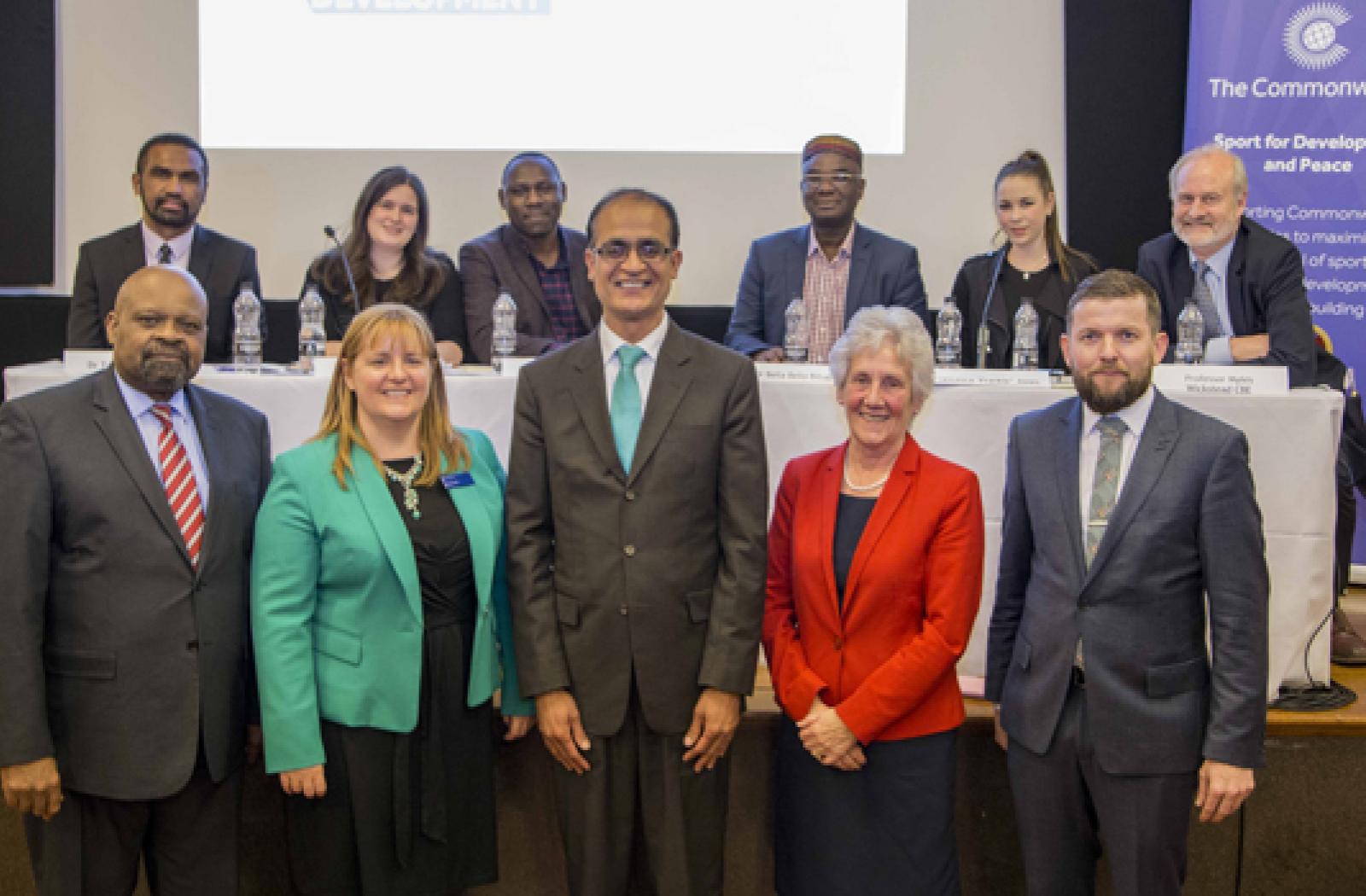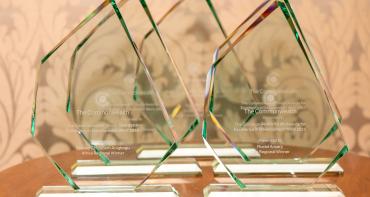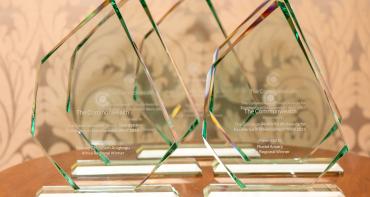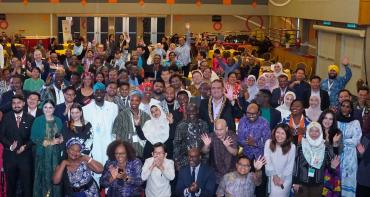Sport has a role to play in advancing national development, policy leaders, academics and sportspeople concluded during a Commonwealth event marking International Day of Sport for Development and Peace on 6 April.

Listen to the debate
Sport has a role to play in advancing national development, policy leaders, academics and sportspeople concluded during a Commonwealth event marking International Day of Sport for Development and Peace on 6 April.
The debate convened by the Commonwealth Secretariat heard arguments in favour of, and against, the argument that ‘to maximise the contribution that sport can make to sustainable development, governments should focus investment on sport for health’.
Commonwealth Secretary-General, Rt Hon Patricia Scotland QC, opened the event at the South Africa High Commission in London, and described how the Commonwealth Secretariat works with its 53 member countries to develop policies and frameworks that link sport to outcomes in areas such as health, education, gender equality and social cohesion.
“Commonwealth governments have consistently recognised the potential for sport to be employed as a catalyst for human and social development and to promote respect and understanding,” the Secretary-General remarked during the debate.
Speaking ahead of the discussion, Oliver Dudfield, Head of Sport for Development and Peace at the Commonwealth Secretariat, said: “Reflecting on how Commonwealth countries can maximise sport’s contribution to development and peace-building has great salience as countries seek to implement the Sustainable Development Goals. Sport can drive an agenda that promotes inclusivity and fairness for all.”
Commenting on the relationship between sport and progressive change in Commonwealth countries, Katherine Ellis, Director of Youth at the Commonwealth Secretariat, said: “While not a panacea, sport can be a powerful driver of outcomes that are instrumental to peace and development, particularly for young people. We aim to support our 53 member governments in developing national strategies to prioritise sport in multiple policy areas.”
Louise Martin, Chair of the Commonwealth Advisory Body on Sport and President of the Commonwealth Games Federation, and Commonwealth Secretariat Deputy Secretary-General Deodat Maharaj, responded to the opinions expressed and adjudicated the debate.
Arguing in favour of the 'sport for health’ notion of development
Dr Temo K Waqanivalu's provides technical guidance and support to member states of the United Nations on population-based prevention in the areas of diet (salt reduction, fruits and vegetables, obesity prevention, marketing of foods and non-alcoholic beverages to children) and physical activity.
Dr Oscar Mwaanga is an associate professor as well as a social entrepreneur and activist, internationally renowned for his contributions in the area of sport for development and peace (SDP). He has focused his work on sport as a tool for health promotion, for example, movement games to educate about HIV/AIDS, obesity and poverty.
Lucy Fagan is a member of the Commonwealth Youth Health Network and currently works as a policy advisor at the Royal College of Nursing (RCN), providing policy leadership on matters of domestic and global health. A passionate youth advocate, with a background in public health research and practice, she is dedicated to embedding youth engagement at all stages of national and international policy development.
Arguing against the 'sport for health’ notion of development
Professor Myles Wickstead has had a long history of involvement with, and working in, international relations and international development. He has served as British Ambassador to Ethiopia, Djibouti and the African Union, on the Board of the World Bank and in roles overseeing British Government development programmes in Kenya, Tanzania and Uganda. He has written extensively on international aid and development. His book, ‘Aid and Development: A Brief Introduction’, was published in June 2015.
Dr Bella Bello Bitugu oversees all issues relating to sports at the University of Ghana. He also teaches courses on sociology of sports and provides expert and consultancy services in the area of development through sports. He has co-ordinated several sport for development projects in Europe and Africa for over 15 years and served as the Country Manager of Right To Play Ghana from 2012 to 2013.
Francesca 'Frankie' Jones is a retired Welsh rhythmic gymnast who represented Wales at three successive Commonwealth Games, winning seven Commonwealth Games medals. At the 2014 Glasgow Commonwealth Games she won the David Dixon Award, awarded to the athlete at the Games who has competed with particular distinction and honour both in terms of athletic performance and overall contribution to their team. In retirement Frankie has turned her attention to mentoring and coaching aspiring gymnasts.
Image
 Listen to the debate
Listen to the debate
Image
 Document
Download/view the event's programme
Document
Download/view the event's programme
Image
 Download photos from the event
Download photos from the event
Photo caption - Back row (left to right): Dr Temo Waqanivalu, Team Leader, Population-based Prevention Unit, World Health Organisation; Lucy Fagan, Policy Advisor at the Royal College of Nursing; Dr Oscar Mwaanga, Associate Professor, School of Sport, Health and Social Sciences, University of Southampton Solent; Dr Bella Bello Bitugu, Director of Sport, University of Ghana; Francesca Jones, Commonwealth Games Medalist and winner of ‘Most Inspirational Athlete’ at Glasgow 2014; and Professor Myles Wickstead, Visiting Professor (International Relations), King’s College London and the Open University. Front row (left to right): HE Obed Mlaba, High Commissioner of South Africa to the United Kingdom; Katherine Ellis, Director of Youth at the Commonwealth Secretariat; Deodat Maharaj, Commonwealth Deputy Secretary-General; Louise Martin, President of the Commonwealth Games Federation; and Oliver Dudfield, Head of Sport for Development and Peace at the Commonwealth Secretariat.
Social media
Join the conversation online: @commonwealthsec #commonwealthtalks
Dr Bella Bello Bitugu @UnivofGhana - sport is essential to help children learn life skills - it's not just about health! #CommonwealthTalks
— The Commonwealth (@commonwealthsec) April 6, 2016
We're delighted to be participating in tonight's @commonwealthsec debate to celebrate #IDSDP2016. Follow the action at #CommonwealthTalks
— Commonwealth Games (@thecgf) April 6, 2016
Fascinating debate #CommonwealthTalks following interesting discussions on evaluating the contribution of sport! pic.twitter.com/wpn81hmV9r
— Caley Parnell (@CaleyParnell) April 6, 2016
An engaging debate to celebrate the International Day of Sport for Development and Peace #CommonwealthTalks @CommYouthSDP @commonwealthsec
— Tee_que1 (@Dr_TRS) April 6, 2016
Scenes from our #sport & #dev debate. Care to guess which side won? Hint: we're ALL winners. #CommonwealthTalks pic.twitter.com/9JF8engV0Z
— Commonwealth Youth (@ComSecYouth) April 7, 2016



